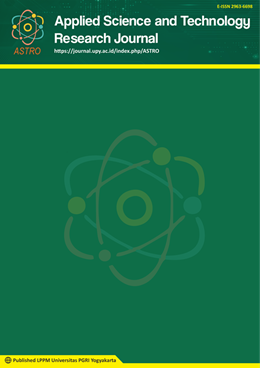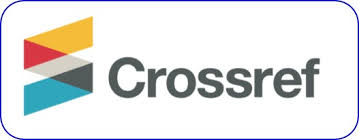Savings And Loan Information System At KSU Madu Kencana Using AHP-WP Method
DOI:
https://doi.org/10.31316/astro.v3i2.6682Abstract
Information technology has become a major driver of significant global development, changing the way we work, communicate, and access information. Koperasi Serba Usaha (KSU) Madu Kencana is a community-based financial institution with a savings and loan system that requires an information system that can support its operations to be faster, more precise, accurate, and relevant in improving the quality of service to customers and employee performance. The lag in the information system at KSU Madu Kencana will slow down service and data processing. The AHP method is used to determine the weight, then the WP method is used to determine the best alternative or priority order of alternatives. The results of this study are a savings and loan information system that can be used by KSU Madu Kencana in assessing loan applicants.
Downloads
Published
How to Cite
Issue
Section
Citation Check
License
Copyright (c) 2024 Pradana Feri Ariyanto, Rianto, Wibawa

This work is licensed under a Creative Commons Attribution-ShareAlike 4.0 International License.
Authors who publish with this journal agree to the following terms:
- The journal allow the authors to hold the copyright without restrictions and allow the authors to retain publishing rights without restrictions.
- Authors retain copyright and grant the journal right of first publication with the work simultaneously licensed under a Creative Commons Attribution-ShareAlike 4.0 International License that allows others to share the work with an acknowledgement of the work's authorship and initial publication in this journal.
- Authors are able to enter into separate, additional contractual arrangements for the non-exclusive distribution of the journal's published version of the work (e.g., post it to an institutional repository or publish it in a book), with an acknowledgement of its initial publication in this journal.
- Authors are permitted and encouraged to post their work online (e.g., in institutional repositories or on their website) prior to and during the submission process, as it can lead to productive exchanges, as well as earlier and greater citation of published work (See The Effect of Open Access).












